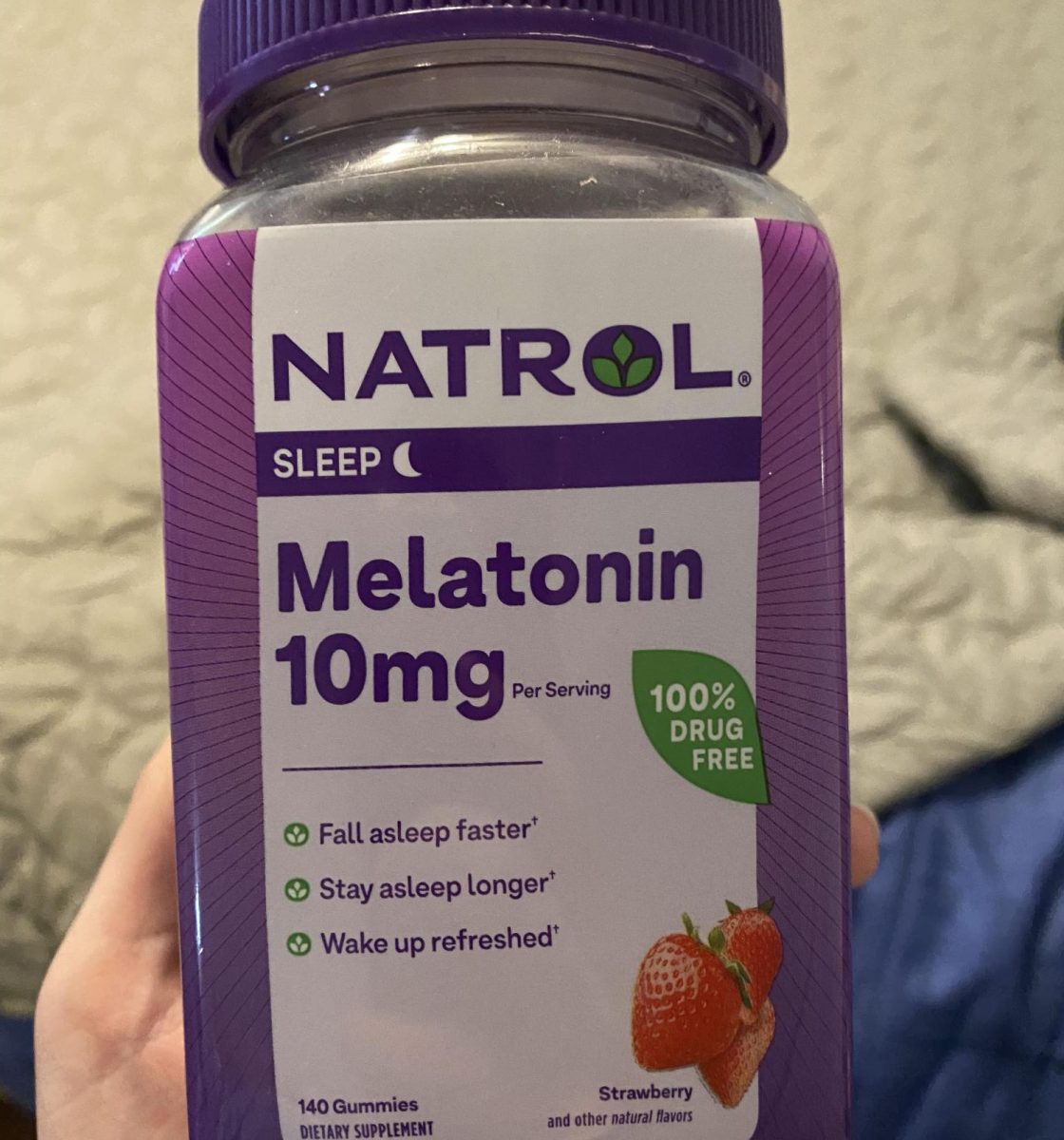Why Having Good Nutrition is Important
March 30, 2023
Having good nutrition is essential to the length and quality of your life. Good nutrition is when you consume the food and drinks that are necessary for your health and growth. Poor nutrition causes mental and physical consequences. What you put into your body determines how you feel, think, and how your body functions. Eating the right amount and type of food is going to determine how much energy you have and how physically and mentally healthy you are. To be healthy we need to be consuming macronutrients and micronutrients. Another addition to this list is water; drinking enough water is very important for your health.
Protein is important for your body’s ability to create and repair cells. Sources of protein include: eggs, dairy foods, beef, fish, nuts, cheeses, etc. Protein deficiency can cause a multitude of problems including: low energy, people gaining weight, and a fatty liver according to an article in the National Library of Medicine. Glucose is the body and brain’s main source of energy; the body gets glucose by breaking down carbohydrates. There are different types of carbohydrates; for example, simple and complex. Complex carbohydrates are considered better for you than simple carbohydrates, because complex carbohydrates give you more energy and contain more than just sugar, ( fiber and starch). Examples of complex carbohydrates are: oats, white rice, potatoes, beans, etc. We need to consume healthy fats because they give you energy, support cell function, help in protecting organs, keeping you warm, help the body absorb certain nutrients, and help the body to produce important hormones according to the American Heart Association. There are four types of fats: saturated fats, trans fats, monounsaturated fats, and polyunsaturated fats. Trans and saturated fats are considered the bad fats, and monounsaturated and polyunsaturated fats are considered the good fats. The type of fats you consume regularly are going to affect your health. For example, consuming trans and saturated fats could raise cholesterol levels. Protein, carbohydrates, and fats are considered macronutrients; we also need micronutrients.
Micronutrients are vitamins and minerals; examples of micronutrients are iron, vitamin A, vitamin D, iodine, folate, zinc, etc. Calcium and vitamin D are two of the micronutrients that keep the bones healthy. The absence of micronutrients has the ability to cause “devastating” consequences according to the CDC. Another example of the importance of micronutrients is that children that have a vitamin A deficiency are at risk of blindness and death. Foods such as spinach and dairy products are sources of calcium and vitamin D; fish, eggs, and dairy products are some of the sources of vitamin A. Those are not the only micronutrients that you need, they are just examples of the consequences of not consuming micronutrients. You do not have to eat a hundred different foods to get your micronutrients;there are foods, such as cucumbers, that are packed with micronutrients
According to the World Health Organization, adolescence ranges from 10-19 years old. The American Academy of Pediatrics says that adolescents having good nutrition is important for: a maintained healthy lifestyle, preventing weight issues, reducing the risk of disease, and ensuring that their growth and development is not interrupted. Adolescents are still growing, which makes it more important for them to meet their nutritional needs. Johns Hopkins recommends that adolescents eat three meals a day with healthy snacks in between, fruits and vegetables for snacks, eat balanced meals, stay hydrated, limit sugar intake, etc. It is important for adults to also eat balanced meals.
Percentages provided by the Cleveland Clinic state that 45% – 65% of your calories should come from carbohydrates, 20% – 35% of calories should come from fat, and 10% – 35% of your calories should come from protein. Not having good nutrition or drinking enough water has the ability to cause serious consequences. You do not have to eat healthy all of the time; you can still have unhealthy foods you like some of the time. The most important thing is to eat balanced and healthy meals most of the time.













































